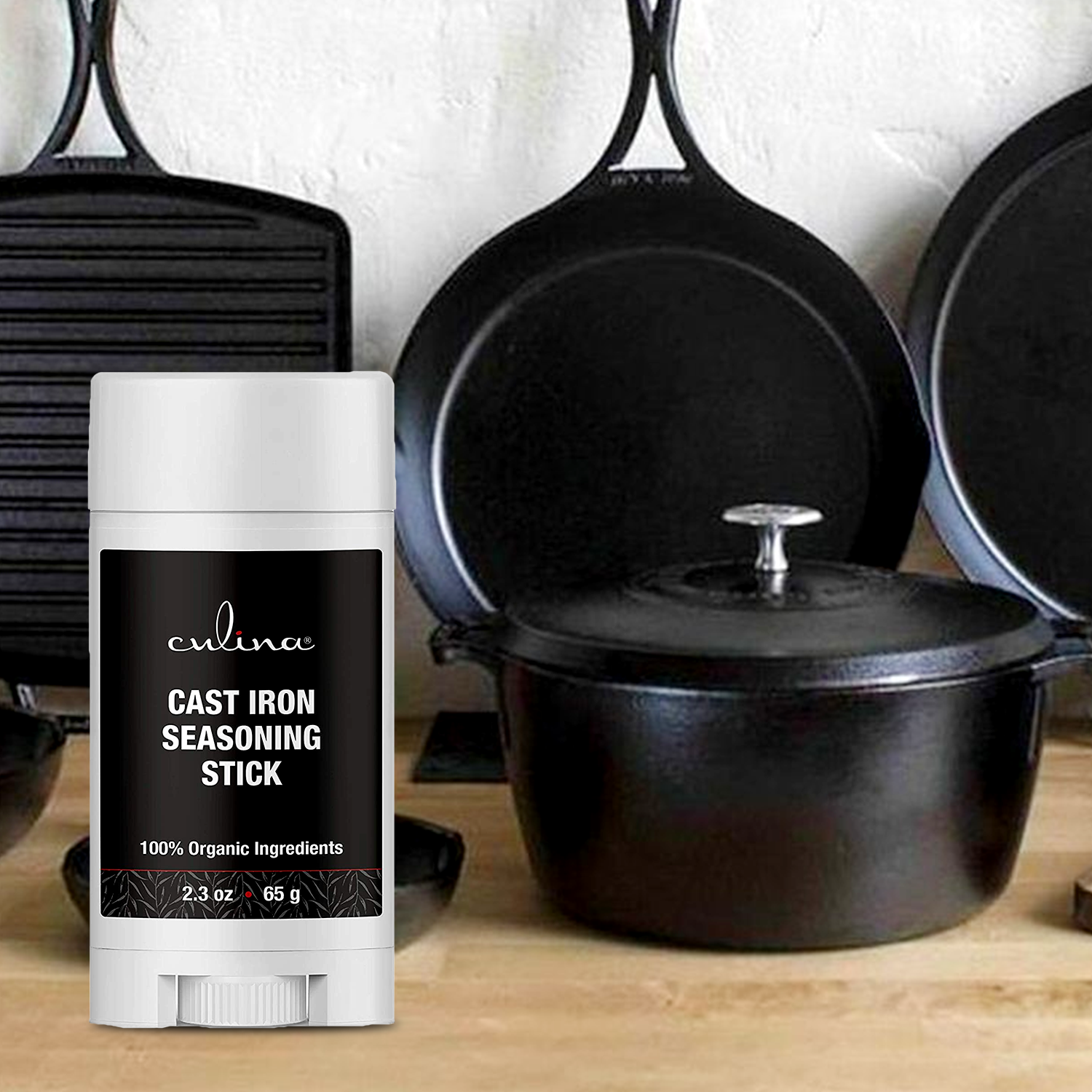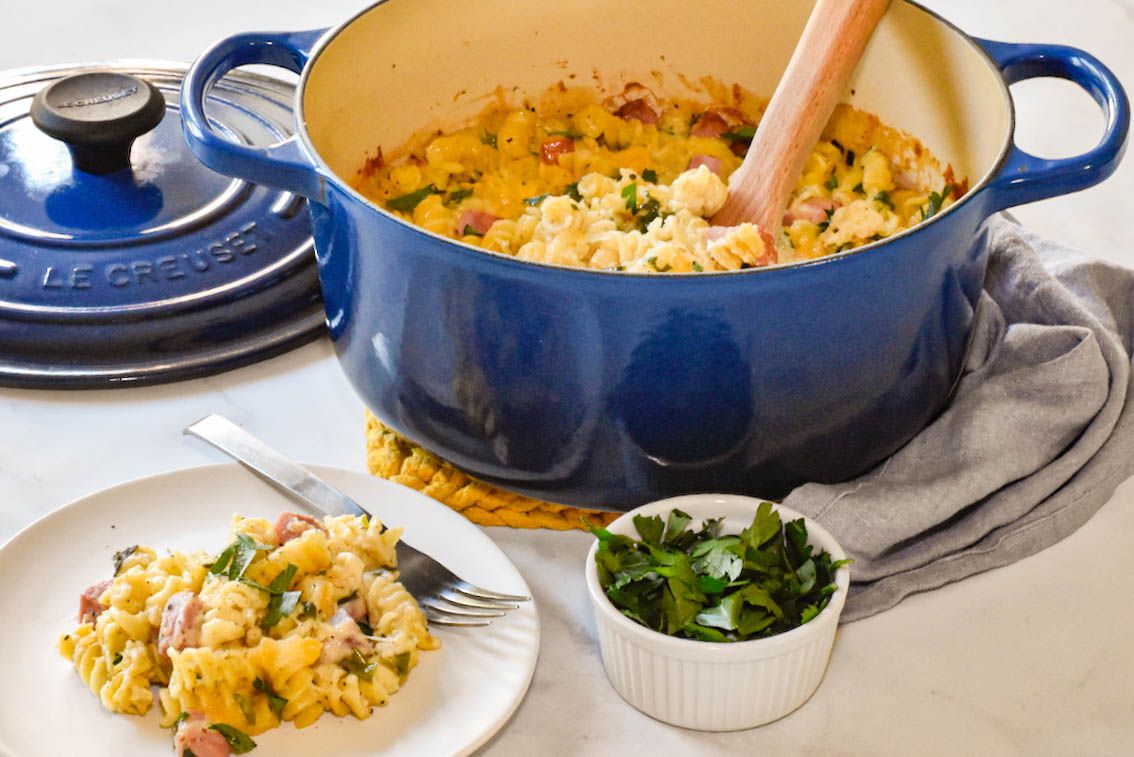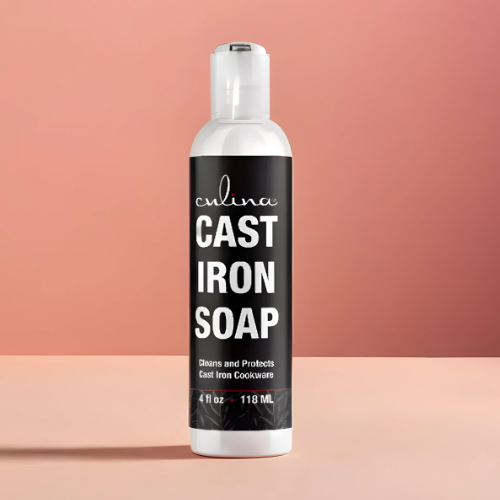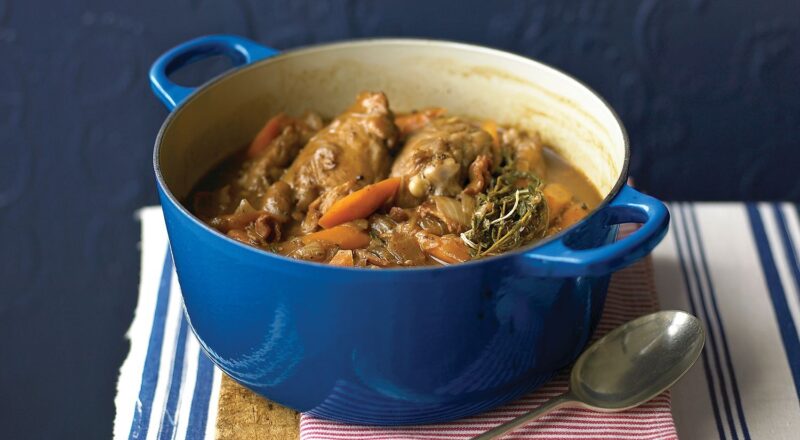The question that seems to baffle many kitchen professionals and home cooks alike is: why does my Dutch oven stick? A Dutch oven is an essential kitchen companion, known for its versatility and sturdy construction. Yet, encountering food sticking to this magnificent cookware can be perplexing. In this article, we will delve into the core reasons behind this issue and provide you with numerous solutions to keep your Dutch oven functioning at its best.

Understanding Your Dutch Oven
Before we can get to the bottom of the sticking issue, its crucial to understand what a Dutch oven is and its common uses. Dutch ovens are generally made of cast iron, either bare or enameled. They are great for slow-cooking stews, baking bread, or even deep frying, thanks to their excellent heat retention properties.

What Materials Make Up a Dutch Oven?
There are two primary types of Dutch ovens: bare cast iron and enameled cast iron. Knowing which type you own (or are considering purchasing) is fundamental since each material has its own set of characteristics and care instructions.
Bare Cast Iron
Traditional Dutch ovens are made from bare cast iron. They require regular seasoning to maintain a non-stick surface and prevent rusting.
Enameled Cast Iron
These Dutch ovens have a layer of enamel coating, providing an instant non-stick surface and are significantly easier to clean.

Possible Reasons Why Your Dutch Oven Sticks
Poor Seasoning
If you are using a bare cast iron Dutch oven, one of the most common reasons for food sticking is improper seasoning. Seasoning involves coating the surface of your Dutch oven with oil and then heating it to create a natural non-stick coating. This protective layer can wear off over time and needs to be reapplied regularly.
High Cooking Temperature
Cooking with high heat is another leading cause of food sticking to your Dutch oven. Cast iron retains heat exceptionally well, and using too much heat can cause food to stick and burn.
Inadequate Preheating
Preheating your Dutch oven is essential for preventing sticking. If you place food in a cold Dutch oven and then preheat, it is more likely to stick to the surface.
Too Little Oil or Fat
Using a minimal amount of oil or fat can also lead to sticking issues. Cooking in a Dutch oven often requires a bit of additional grease to maintain a smooth surface.
Improper Cleaning
Scrubbing your Dutch oven too vigorously or using harsh cleaning agents can strip the seasoning off a bare cast iron Dutch oven and damage the enamel coating of enameled versions.
How to Prevent Your Dutch Oven from Sticking
Proper Seasoning Techniques
If you are using a bare cast iron Dutch oven, proper seasoning is crucial. Heres a brief guide on seasoning your Dutch oven:
- Clean your Dutch oven thoroughly.
- Apply a thin layer of high smoke point oil, such as vegetable oil or flaxseed oil.
- Heat the Dutch oven in an oven at about 375F (190C) for one hour.
- Allow it to cool, and wipe off any excess oil.
Adjust Cooking Temperatures
Keep your cooking temperatures moderate. Cooking at lower to medium heat settings can help prevent food from sticking and burning. Remember, cast iron heats evenly and retains that heat for a long time.
Adequate Preheating
Always preheat your Dutch oven before adding any food. This ensures the surface is hot enough to create a barrier between the food and the Dutch oven, thereby reducing the likelihood of sticking.
Use Enough Oil or Fat
Do not skimp on the oil or fat. When preparing foods prone to sticking, consider using a bit more oil to coat the cooking surface thoroughly.
Gentle Cleaning Methods
If you need to clean stuck-on food, use gentle methods, such as brushing with a soft brush or scrubbing with a paste made of baking soda and water. Avoid using harsh soaps and abrasive scouring pads.
How to Maintain Your Dutch Oven
Maintaining your Dutch oven involves routine cleaning and re-seasoning. After each use, clean the Dutch oven while its still warm using water and a soft brush. If necessary, use a small amount of mild dish soap, especially for enameled Dutch ovens. For bare cast iron Dutch ovens, its best to avoid soap altogether.
Common Myths About Dutch Ovens
There are several misconceptions floating around about Dutch ovens and their care. Here we debunk some of these common myths:
You Can’t Use Soap on Bare Cast Iron
This myth is partially true. While soap can strip the seasoning, using mild dish soap occasionally wont ruin your Dutch oven. Just make sure to re-season it if you do use soap.
Enameled Dutch Ovens Don’t Require Maintenance
This is false. While enameled Dutch ovens are easier to maintain, they still need proper care to avoid chipping and damage.
You Can Use Metal Utensils on Your Dutch Oven
Using metal utensils can scratch the surface of enameled Dutch ovens and damage the seasoning on bare cast iron versions. Opt for wooden or silicone utensils instead.
Questions About Your Dutch Oven
Why Is My Dutch Oven Staining?
If your enameled Dutch oven is getting stained, it might be due to high cooking temperatures or food with high acidity levels. Gentle scrubbing with baking soda can often remove these stains.
How Can I Restore My Dutch Oven’s Non-Stick Surface?
To restore the non-stick surface, re-season bare cast iron Dutch ovens following the procedure outlined above. For enameled pots, using a bit more oil when cooking can help revive the non-stick capabilities.
Is It Safe to Cook Acidic Foods in My Dutch Oven?
Yes, but be cautious. Acidic foods like tomato sauce can wear down the seasoning on bare cast iron and may discolor enameled surfaces. Using a properly seasoned or enameled Dutch oven for these foods is advisable.
Conclusion
Understanding why does my Dutch oven stick is the first step toward solving the problem. By focusing on proper seasoning, moderate cooking temperatures, adequate preheating, using enough oil, and adopting gentle cleaning methods, you can ensure your Dutch oven remains a reliable kitchen companion. Whether you own a bare cast iron or enameled Dutch oven, treating it with care will reward you with years of excellent service.
For more in-depth information, visit this guide on cleaning your Dutch oven.
For additional tips, check out this Pot Roast Guide, this Cooking Time Guide, and this Bread Baking Guide.
FAQs
Why does food stick to my Dutch oven?
Food can stick to your Dutch oven due to poor seasoning, high cooking temperatures, inadequate preheating, too little oil, or improper cleaning.
How can I prevent my Dutch oven from sticking?
Prevent sticking by properly seasoning your Dutch oven, adjusting cooking temperatures, preheating adequately, using enough oil, and cleaning with gentle methods.
Can I clean my Dutch oven with soap?
Yes, but use mild dish soap sparingly and avoid aggressive scrubbing. For bare cast iron, its best to avoid soap to maintain the seasoning.
As an Amazon Associate, I earn from qualifying purchases.

